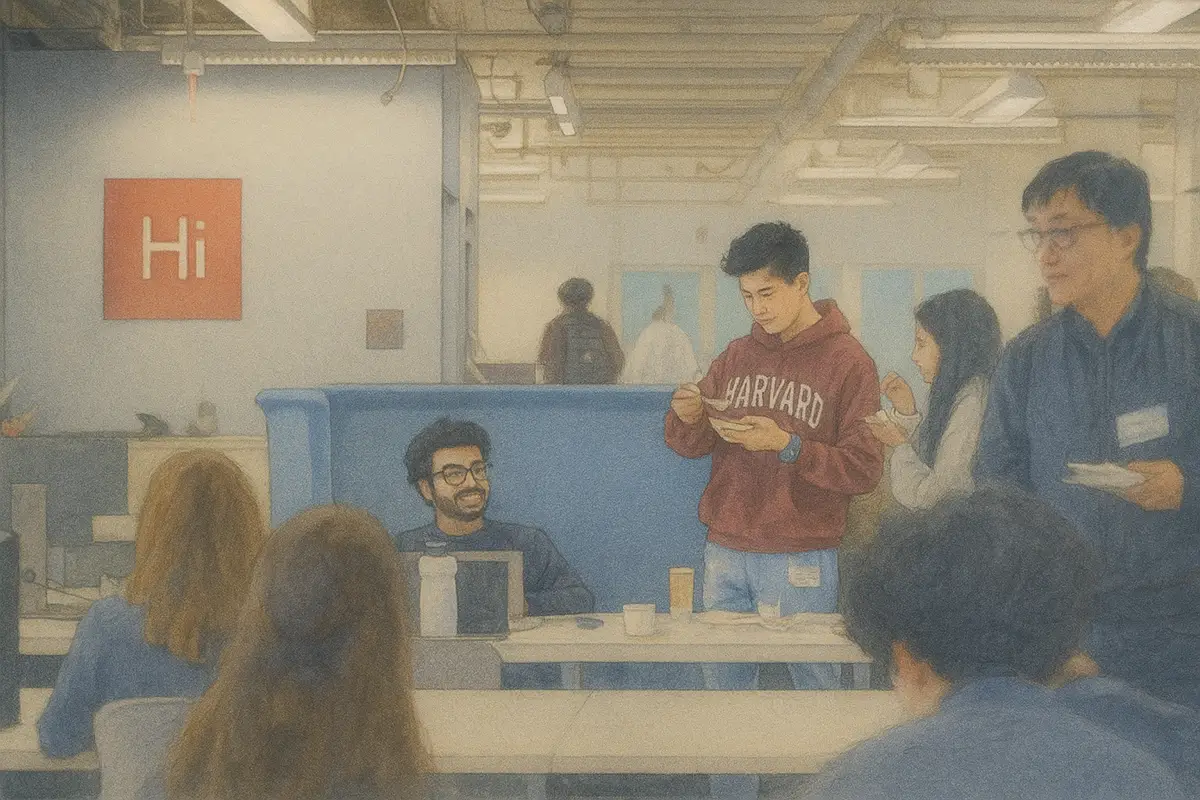Celebrating and learning about those on the frontlines of public service is core to our mission at Roundtable. Roundtable's collaboration platform for government was informed by 300+ interviews with those on the frontlines of issues that impact all of us – from running safe and secure elections to preventing homelessness in our communities.
The stories of these practitioners are core to our mission at Civic Roundtable. In this series, we will highlight one of their incredible stories each month.

Meet Brad Manuel, the Chief Information Officer for the Louisiana Secretary of State. Brad is responsible for anticipating policy implications of any technology issue, creating a vision for how technology should be used, and designing a plan to use technology to assist with top priorities. This means anything from AI policy, to cybersecurity, to running statewide elections.
We caught up with Brad to hear more about his work and story.
How did you get into this work?
My journey into elections began as a bit of a happy accident. I started as a student intern, not anticipating that it would lead to a lifelong career. After graduating, I applied to various places, including the Secretary of State's office. This marked the start of what would become a deeply fulfilling journey. I started as an election programmer and began working my way up. I explored my interests in cyber crime through a law enforcement position, and later returned to the elections space to run cybersecurity for the state. Today, I run the cybersecurity program not only for elections, but for the whole Secretary of State office.
What are your key priorities and responsibilities on your plate today?
As CIO, my role is quite unique. I don't have direct reports, which allows me to focus more on special projects, legislation, and security advisories, following and focusing on the Secretary’s priorities. My responsibilities span anything from cybersecurity to developing policies for use of new technology, like AI.
What keeps you up at night when it comes to the work you do?
I am concerned about ensuring policy compliance across the various state sectors that I manage - from main campuses to elections, museums, archives, and businesses. The diversity of services that the Secretary of State’s office provides adds to the complexity. Sometimes, what I am not seeing is what concerns me most. I also think constantly about how I can better manage our large user base within the state agency to enhance their well-being and satisfaction with where they are and where they want to go. I’ll never stop trying to help those around me grow. However, I try not to let these concerns get to me. My experiences in the military and Sheriff’s department help me realize to take a step back, relax, and refocus my attention when I go home.
What value do you see in learning from your peers?
Learning from peers has infinite value. I learn from others’ mistakes and similarly hope that others learn from my mistakes as well. My participation in the FBI Chief Information Security Officer (CISO) Academy highlighted the importance of cross-sector learning. We aimed to understand the FBI’s role in cybersecurity and the investigation side of cybersecurity by bringing together CISOs from all over the country, including government and the private sector, and from all different critical infrastructures and fields. Recognizing that nobody is perfect and learning from one another’s challenges and successes is crucial.
How is Roundtable helpful to you?
Roundtable serves as a valuable platform for continuing and growing our conversations. It surpasses other tools like Slack and facilitates ongoing discussions initiated during in-person conferences that we call “Tech Talks.” I used to jot down questions to wait and ask during our next meeting, but on Roundtable I can immediately ask my questions and quickly get answers. The resource library is also particularly beneficial and offers a centralized space for state-to-state communication, from enabling the sharing of RFPs (request for proposals) to example policies that help me draw inspiration and scale my ideas.
What advice would you give to someone who wants to / is about to enter your field?
For those aspiring to enter the field, I recommend starting with entry-level certifications and gradually advancing to higher certifications. While degrees are often expensive and their content varies, if someone comes to me as an employer with certifications, I know what's involved and the work it takes to get those. Certificates tell me that you have knowledge in the field and that you have the work ethic and discipline to dedicate time to it. From there, go apply for positions, even if they are entry-level, such as help desk or intern roles. Despite the common requirement of work experience for entry-level positions, the certifications help overcome the experience barrier.
Know someone we should cover in this series? Reach out at hello@civicroundtable.com.


Subscribe to our blog today for Roundtable news and product announcements, straight to your inbox.